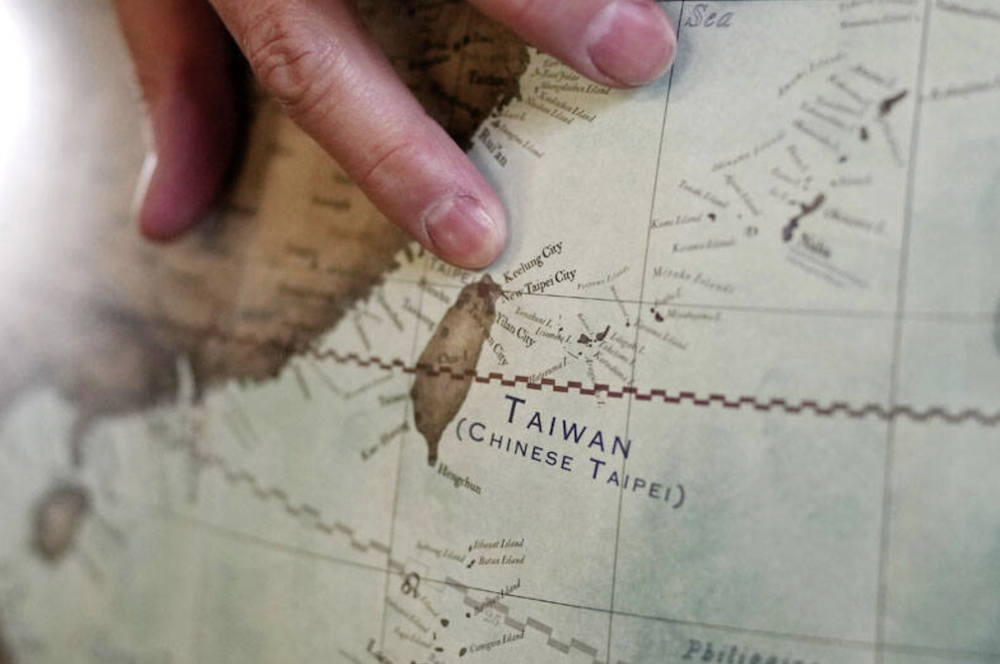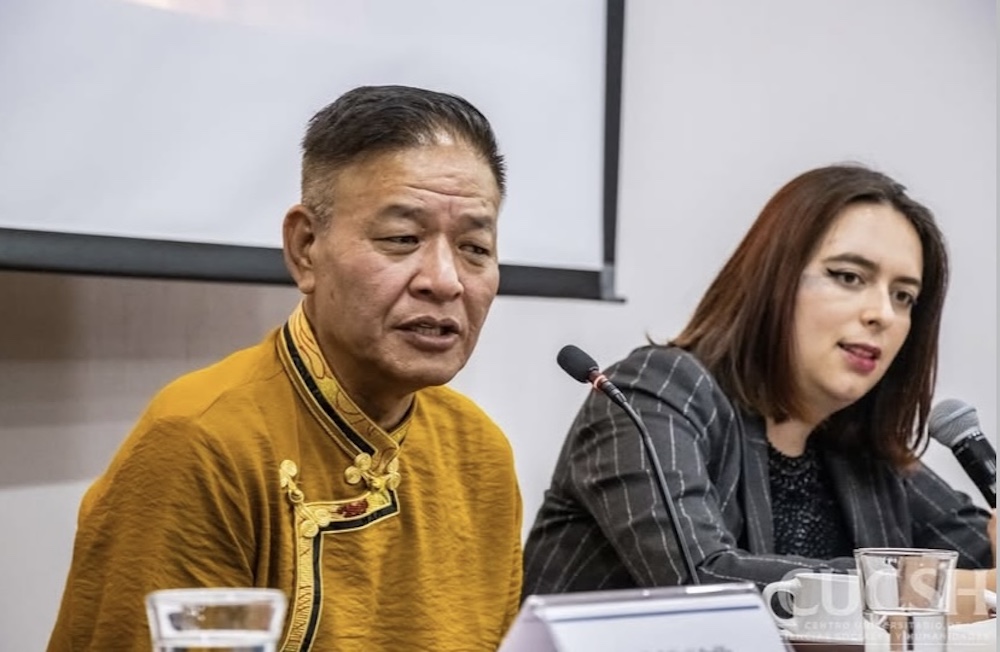Tenzin Nyidon
DHARAMSHALA, July 22: The U.S. House of Representatives passed the “Honest Maps” amendment on July 18, barring the Department of Defence from producing or displaying maps that depict Taiwan as part of the People’s Republic of China.
Under the amendment, the Pentagon would be prohibited from using federal funds “to create, procure, or display any map that depicts Taiwan, including Kinmen, Matsu, Penghu, Wuciou, Green Island, and Orchid Island, as part of the territory of the People’s Republic of China.” The move builds on earlier legislation passed in March 2024, which already barred the State Department from using similar representations in its official documents and maps.
The amendment, introduced by Republican Congressman Tom Tiffany of Wisconsin, forms part of the 2026 Defense Appropriations Bill and seeks to align U.S. cartographic practices with its longstanding support for Taiwan’s de facto independence. “This is not a controversial amendment, since all of us know that Taiwan is not – nor has it ever been – part of Communist China even for a single day,” said Tiffany on the House floor. He said that the amendment reflects the reality that “China is China, and Taiwan is Taiwan.”
“By every measure, Taiwan is a sovereign, democratic, and independent nation – and any claims to the contrary are simply false,” he added. Tiffany further said Washington’s long-standing “one China” policy merely acknowledges “Beijing’s unsubstantiated claims over Taiwan,” and called it an outdated and dishonest policy “that we should abandon.”
The amendment also dovetails with a broader push in Washington to deepen strategic cooperation with Taiwan. Alongside the map provision, the FY2026 defense spending bill includes a significant $500 million earmark under the Taiwan Security Cooperation Initiative (TSCI), aimed at strengthening Taiwan’s military capabilities and enhancing deterrence in the Indo-Pacific region. This funding allocation comes amid rising tensions in the Taiwan Strait, where Beijing continues to ramp up military exercises and assertive rhetoric.
While the “Honest Maps” amendment does not alter the U.S. government’s official diplomatic stance, it reflects a shift in how American institutions—particularly Congress—approach Taiwan’s status in practice. Lawmakers across party lines increasingly advocate for policies that recognize Taiwan’s democratic governance and international isolation under pressure from Beijing.
Taiwan’s Ministry of Foreign Affairs welcomed the development, thanking U.S. lawmakers for their “firm and concrete support for Taiwan’s international dignity and status.” Analysts say the legislation not only reinforces Taiwan’s identity on the global stage but also sends a message to Beijing that U.S. support for Taiwan remains resilient.
The bill must still clear the U.S. Senate and be reconciled with its corresponding version before it can be signed into law by President Joe Biden. As of now, the Senate Appropriations Committee has not yet released its draft of the FY2026 Defense Appropriations Bill.
The “Honest Maps” campaign originated as a push by Taiwan-friendly lawmakers to counter the subtle influence of Chinese political narratives embedded in maps produced by multinational agencies and even some U.S. federal bodies. By mandating geographical accuracy based on U.S. policy and values, the initiative seeks to prevent the normalization of Chinese territorial claims over Taiwan in official materials.










